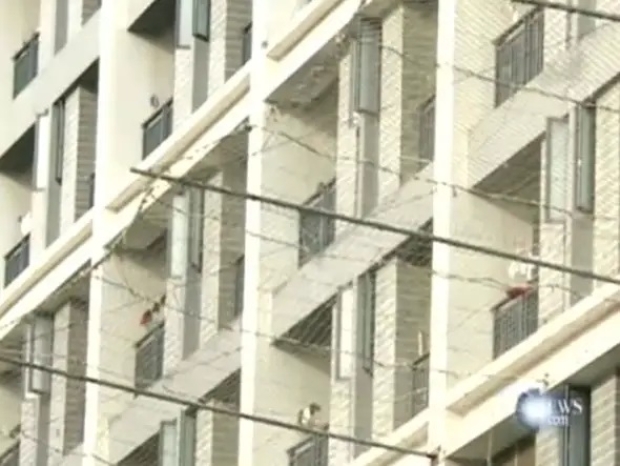For those with short memories, Foxconn's iPhone assemblers in China had a nasty habit of getting depressed and throwing themselves off buildings rather than make shiny toys for rich Americans. Foxconn's answer was to put up safety nets around the building so they bounced.
With Apple and Foxconn wanting to move operations from the problematic China to India, the problem of losing the favourable labour laws the companies enjoyed was a problem.
The Indians seem happy to comply. The new legislation will allow the manufacturer to enable two-shift production, which is similar to how it operates its production in China.
Karnataka already has one of the most flexible working regimes in India. Bengaluru, also known as India's silicon valley, houses some of the world's leading technology companies and start-ups, making it a hub of innovation and entrepreneurship in the country.
It is just that the Indian goverment wants to become the next big manufacturing hub and "increase by a big margin our efficiency in terms of increasing the work output," he added.
Last week, it was reported that Foxconn had plans to invest $700 million to create a brand new manufacturing plant in Bengaluru.
Indian Prime Minister Narendra Modi's government, under its "Make in India" initiative, is attempting hard to promote manufacturing in the service-based economy. Both the central and the state governments, particularly in the south, are offering incentives for investors in electronics and other manufacturing sectors that are looking to diversify away from China.
Foxconn assembles iPhones and other Apple products at its plant in Tamil Nadu, which was started in 2017. There have been several indications that the company intends to expand its operations in the nearby states of Telangana and Karnataka. Foxconn's chairman, Young Liu, visited Bengaluru in Karnataka and Hyderabad in Telangana last week, providing clear indications of the company's serious intent to increase its manufacturing presence in India.




